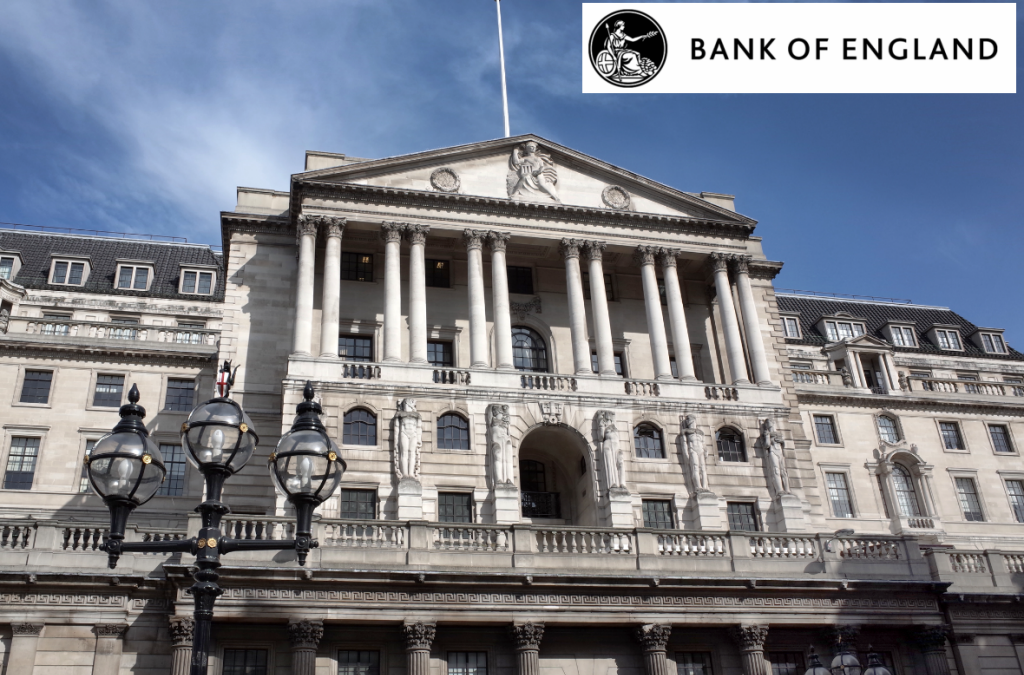Monetary policy summary
The Bank of England’s Monetary Policy Committee (MPC) sets monetary policy to meet the 2% inflation target, and in a way that helps to sustain growth and employment. At its meeting ending on 13 September 2017, the MPC voted by a majority of 7-2 to maintain Bank Rate at 0.25%. The Committee voted unanimously to maintain the stock of sterling non-financial investment-grade corporate bond purchases, financed by the issuance of central bank reserves, at £10 billion. The Committee voted unanimously to maintain the stock of UK government bond purchases, financed by the issuance of central bank reserves, at £435 billion.
The MPC set out its most recent assessment of the outlook for inflation and activity in the August Inflation Report. That assessment depended importantly on three main judgments: that the lower level of sterling continues to boost consumer prices broadly as projected, and without adverse consequences for inflation expectations further ahead; that regular pay growth remains modest in the near term but picks up over the forecast period; and that subdued household spending growth is largely balanced by a pickup in other components of demand.
Since the August Report, the relatively limited news on activity points, if anything, to a slightly stronger picture than anticipated. GDP rose by 0.3% in the second quarter, as expected in the MPC’s August projections, although initial estimates of private final demand were softer than anticipated. The unemployment rate has continued to decline, to 4.3%, its lowest in over 40 years and a little lower than forecast in August. Survey indicators are consistent with continued strength in employment growth. Evidence continues to accumulate that the rate of potential supply growth has slowed in recent years. Overall, the latest indicators are consistent with UK demand growing a little in excess of this diminished rate of potential supply growth, and the continued erosion of what is now a fairly limited degree of spare capacity. Underlying pay growth has shown some signs of recovery, albeit remaining modest.
The sterling exchange rate has been volatile and the price of oil has increased. Headline and core CPI inflation in August were slightly higher than anticipated. Twelve-month CPI inflation rose to 2.9% and is now expected to rise to above 3% in October.
The circumstances since the referendum on EU membership, and the accompanying depreciation of sterling, have been exceptional. Monetary policy cannot prevent either the necessary real adjustment as the United Kingdom moves towards its new international trading arrangements or the weaker real income growth that is likely to accompany that adjustment over the next few years. The MPC’s remit specifies that, in such exceptional circumstances, the Committee must balance any trade-off between the speed at which it intends to return inflation sustainably to the target and the support that monetary policy provides to jobs and activity. Recent developments suggest that remaining spare capacity in the economy is being absorbed a little more rapidly than expected at the time of the August Report, and that inflation remains likely to overshoot the 2% target over the next three years.
All MPC members continue to judge that, if the economy follows a path broadly consistent with the August Inflation Report central projection, then monetary policy could need to be tightened by a somewhat greater extent over the forecast period than current market expectations. A majority of MPC members judge that, if the economy continues to follow a path consistent with the prospect of a continued erosion of slack and a gradual rise in underlying inflationary pressure then, with the further lessening in the trade-off that this would imply, some withdrawal of monetary stimulus is likely to be appropriate over the coming months in order to return inflation sustainably to target. All members agree that any prospective increases in Bank Rate would be expected to be at a gradual pace and to a limited extent.
At this month’s meeting, seven members thought that the current policy stance remained appropriate to balance the demands of the MPC’s remit. Two members considered it appropriate to increase Bank Rate by 25 basis points. The Committee will undertake a full assessment of recent developments in the context of its November Inflation Report and accompanying economic projections.
There remain considerable risks to the outlook, which include the response of households, businesses and financial markets to developments related to the process of EU withdrawal. The MPC will respond to these developments as they occur insofar as they affect the behaviour of households and businesses, and the outlook for inflation. The Committee will continue to monitor closely the incoming evidence on these and other developments, and stands ready to respond to changes in the economic outlook as they unfold to ensure a sustainable return of inflation to the 2% target.

